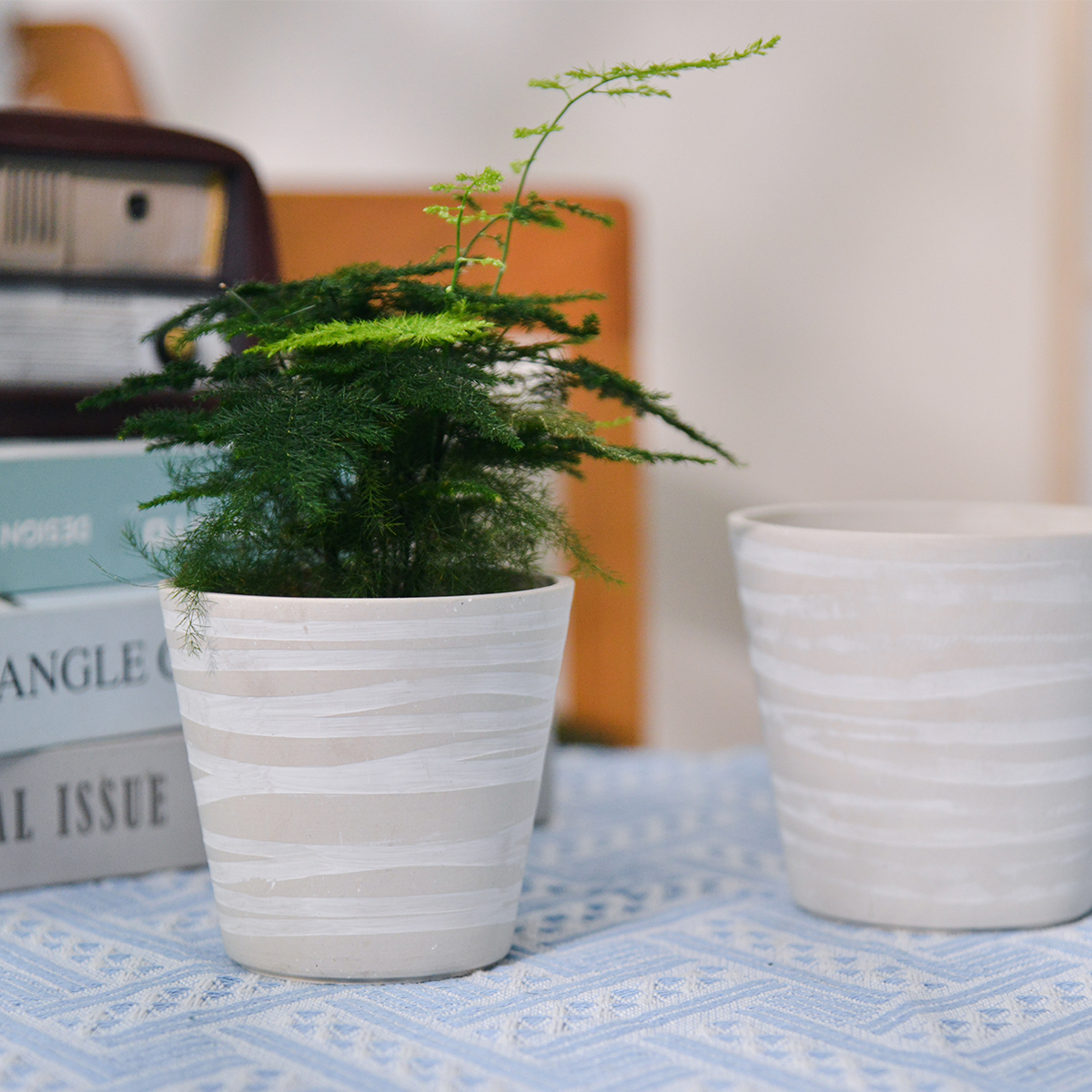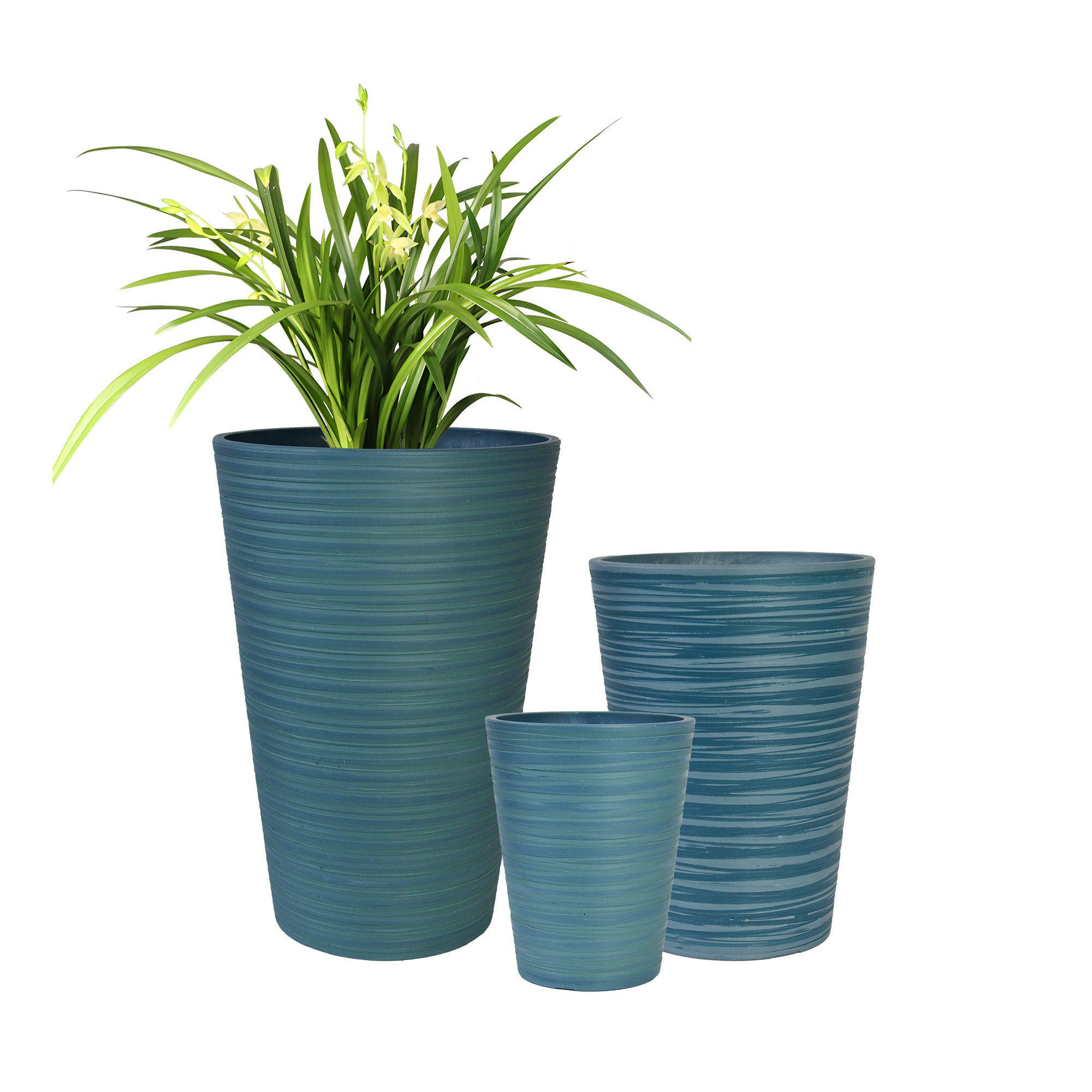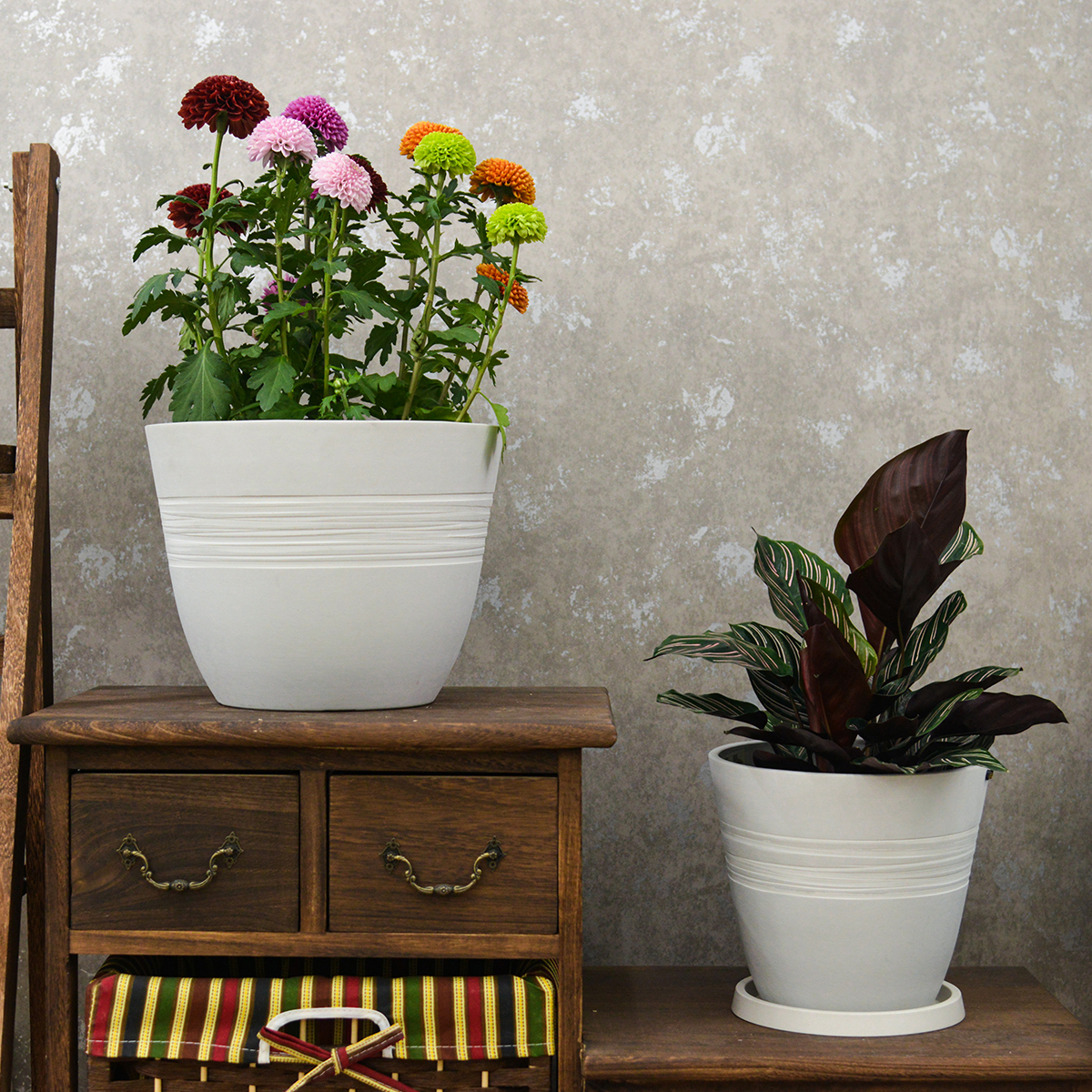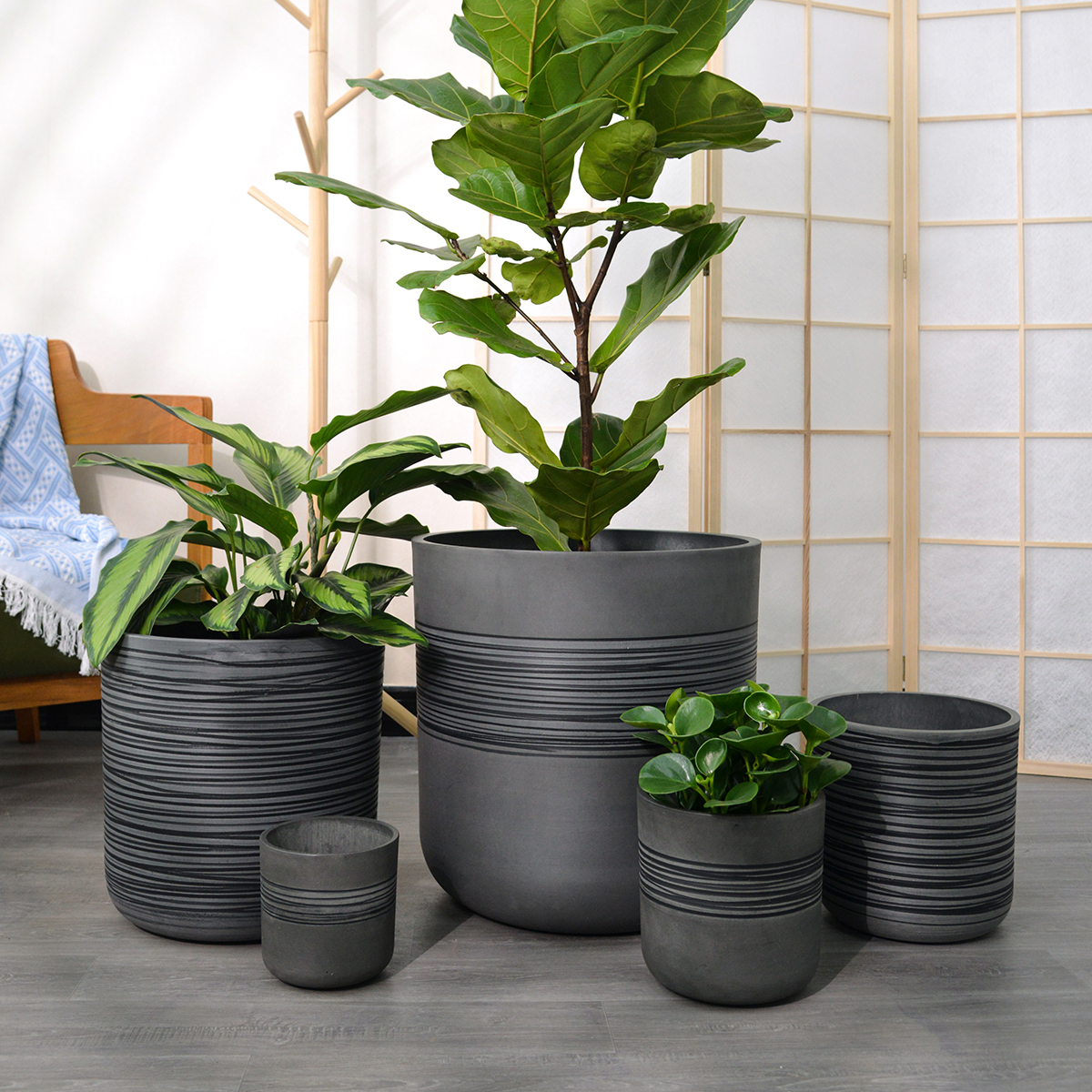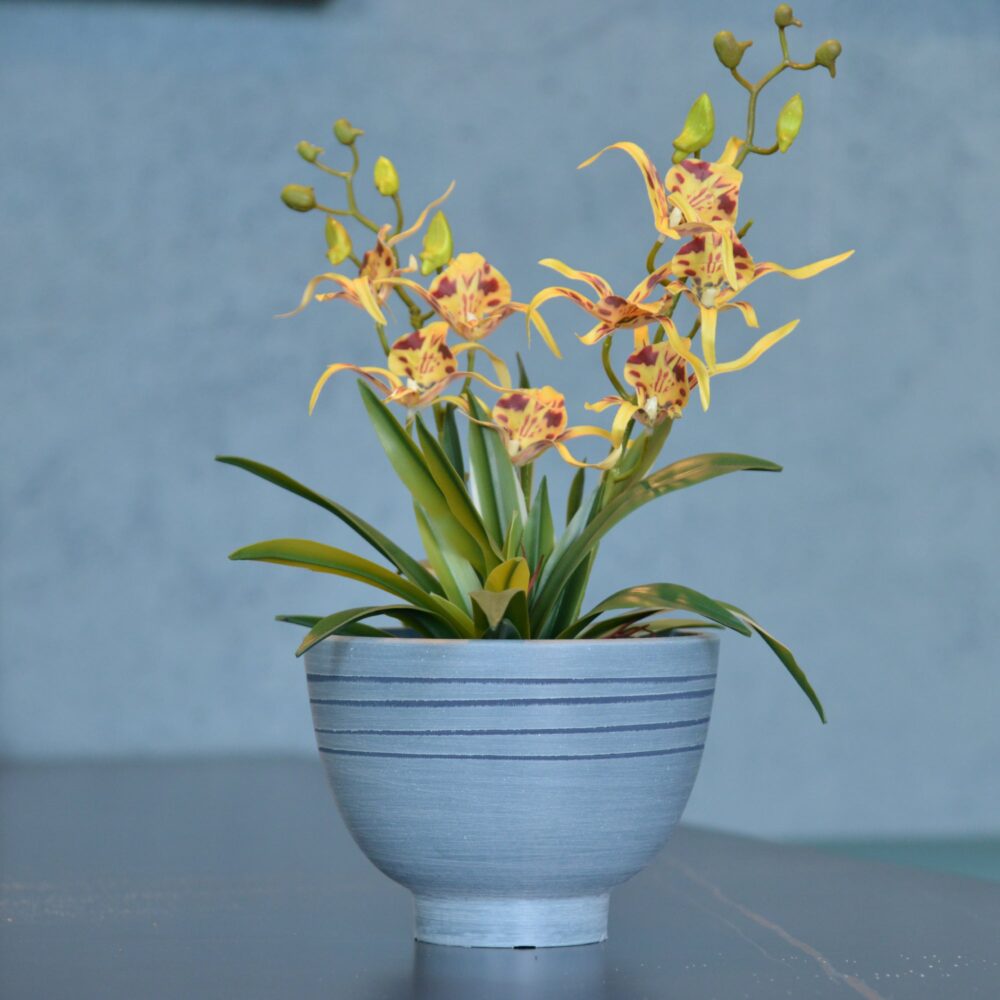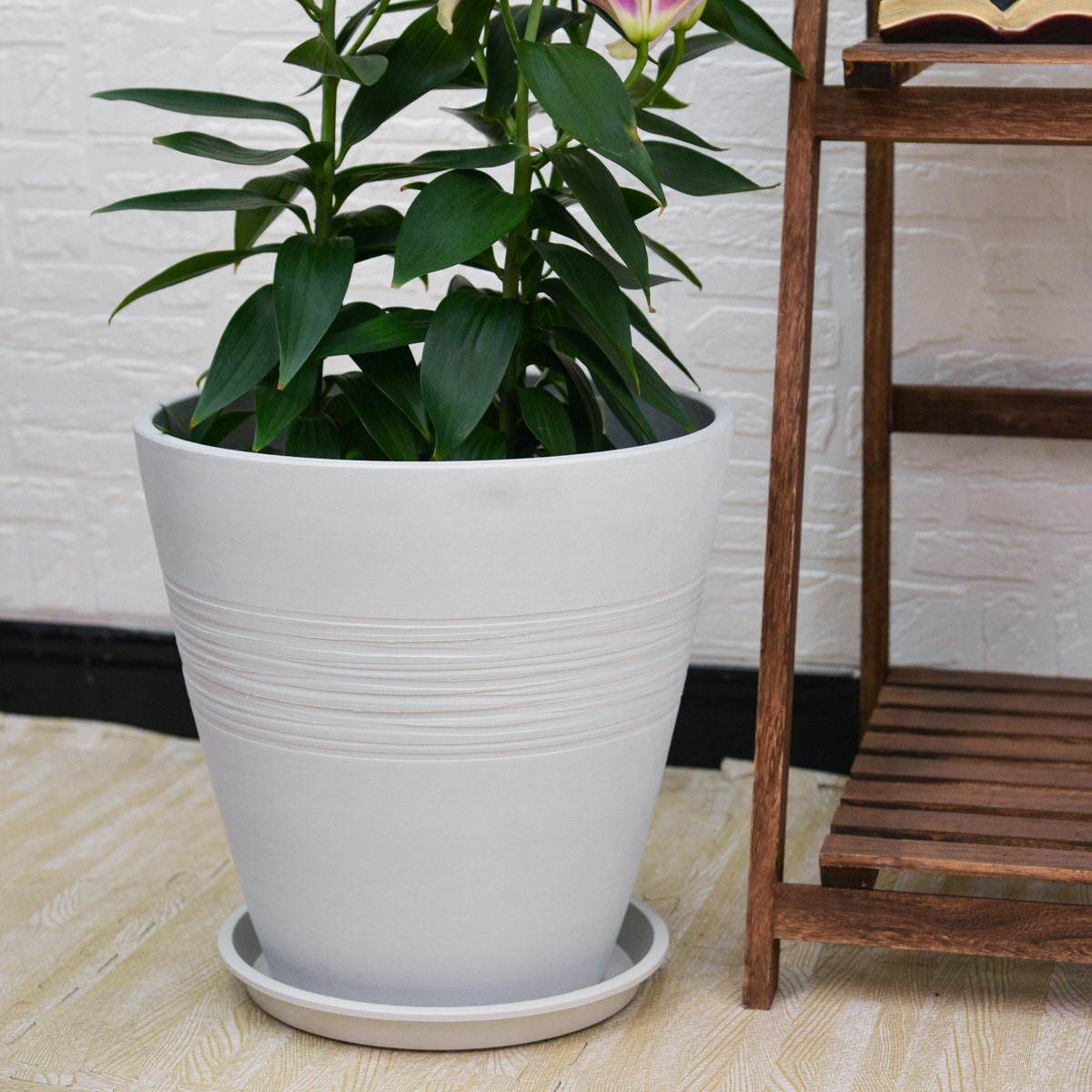Never Throw Away Lemon Peels
Never Throw Away Lemon Peels! A Complete Guide to Household, Turning Waste into Treasure – Money-Saving , It’s All You Need for Gardening, Cleaning and Deodorizing!
Do you usually throw lemon peels into the trash bin after using the lemon juice? Stop! Seemingly useless lemon peels actually contain unimaginable household magic value! From the kitchen to the garden, from cleaning to beauty, lemon peels can play a magical role, allowing you to turn waste into treasure, save money, and be environmentally friendly!Today, I will fully reveal the uses of lemon peels, teaching you how to fully utilize every inch of lemon peel value, making your life healthier, fresher, and more economical!
This article will delve into various practical tips for using lemon peels in household life and provide detailed production and usage methods, allowing you to easily master these natural, environmentally friendly, and money-saving living tips and create a healthy, comfortable, green, and environmentally friendly home environment!
Lemon Peel’s Household Arts: Natural Ingredients, Multiple Effects
The reason why lemon peels have such powerful household magic lies in their richness in various natural active ingredients:
Limonene: Natural Cleaner and Degreaser, Strong Cleaning Power
The most abundant component in lemon peels is limonene, a natural solvent and surfactant, giving lemon peels excellent cleaning and degreasing abilities:
- Strong Stain Removal: Limonene can dissolve grease, dirt, scale and other stubborn stains, effectively removing grease, water stains, soap scum etc. from kitchen stoves, faucets, sinks, bathroom tiles, etc., making household items brand new.
- Natural Degreasing: Limonene is a natural degreaser that can easily remove grease from tableware, cookware, microwave ovens, ovens etc., making kitchen utensils clean as new, bidding farewell to greasy troubles.
- Safe and Environmentally Friendly: Limonene is a natural plant extract, non-toxic and harmless, with good biodegradability, safer and more environmentally friendly than chemical cleaners, making it more reassuring to use.
Citric Acid: Natural Acidic Substance, Sterilization and Deodorization, Softening Scale
Lemon peels are also rich in citric acid, a natural acidic substance that gives lemon peels multiple effects such as sterilization, deodorization, and softening scale:
- Natural Sterilization: Citric acid has certain sterilizing and antibacterial effects, which can inhibit the growth of various bacteria and molds. It can be used to clean cutting boards, rags, refrigerators, microwave ovens, etc., reducing bacterial growth and maintaining a clean and hygienic home environment.
- Fresh and Deodorizing: The acidity of citric acid can neutralize alkaline odors (such as ammonia smell, putrid smell, etc.), and the lemon aroma of lemon peels can cover up odors. With dual effects, lemon peels have good deodorizing effects and can be used to remove odors from refrigerators, trash cans, toilets, etc., and freshen the air.
- Softening Scale: Citric acid can chemically react with calcium and magnesium ions in scale, softening and dissolving scale. It can be used to clean stubborn scale from faucets, shower heads, water heaters, etc., restoring items to their original shine.
Aromatic Essential Oils: Natural Fragrance, Freshens Air, Refreshing and Revitalizing
Lemon peels are rich in aromatic essential oils, the main component of which is limonene and other volatile substances, giving lemon peels a unique lemon aroma, making them a natural fragrance and a good product for refreshing and revitalizing:
- Natural Fragrance: The fresh aroma of lemon peels can purify the air, remove odors, improve indoor air quality, and create a fresh and comfortable home environment. Lemon peels can be placed directly, heated, or made into lemon peel aromatherapy etc. to emit fragrance.
- Refreshing and Revitalizing: The aroma of lemon has the effect of refreshing, revitalizing, relieving fatigue, and improving concentration. When working and studying, smelling the aroma of lemon peels can help concentrate and improve efficiency.
- Mosquito and Insect Repellent (Mild): The aroma of lemon essential oil has a certain mosquito and insect repellent effect (mainly repelling mosquitoes, flies and other flying insects, insect repellent effect is relatively weak). Placing lemon peels or lemon essential oil can, to a certain extent, repel mosquitoes and insects and reduce mosquito bites.
Natural Organic Fertilizer, Improves Soil, Provides Nutrients
Lemon peels belong to organic matter. Although their nutrient content is not high when used directly as fertilizer, after composting or simple treatment, they can improve soil and provide trace nutrients needed for plant growth:
- Acidify Soil: Lemon peels are acidic and can lower soil pH, acidifying alkaline soil, making the soil more suitable for the growth of acid-loving plants (such as azaleas, camellias, gardenias, blueberries, etc.). You can directly bury lemon peels in the soil or make lemon peel compost to acidify the soil.
- Provide Trace Nutrients: Lemon peels contain small amounts of nitrogen, phosphorus, potassium and other nutrients required by plants, as well as trace elements such as calcium and magnesium. After composting, these nutrients can be slowly released into the soil, providing certain nutrient supplements for plants.
- Improve Soil Structure: Lemon peels belong to organic matter. After composting, they can increase soil organic matter content, improve soil structure, and improve soil fertility.
Comprehensive Magical Uses of Lemon Peels in Home Life: Proficient in Everything from Cleaning to Gardening
Knowing the effects of lemon peels, the next step is to teach you how to turn lemon peels into treasure and apply them to all aspects of home life:
1. Good Helper for Kitchen Cleaning:
- Homemade Lemon Cleaner: Put lemon peels into a glass bottle, pour in white vinegar or alcohol, seal and soak for 2-3 weeks to make a natural lemon cleaner. Use it to wipe stoves, tiles, glass, stainless steel, etc., with good oil and stain removal effect and fresh scent. You can also boil lemon peel water and let it cool for direct use as a cleaner.
- Clean Microwave Oven: Put lemon peels into a bowl of water and put it in the microwave oven to heat on high for 2-3 minutes. Water vapor and limonene can soften the oil stains inside the microwave oven. Take out the bowl and easily wipe with a damp cloth to remove oil stains and remove odors.
- Clean Cutting Board: Wipe the cutting board surface directly with lemon peels. Citric acid and limonene can sterilize and disinfect, remove odors, and clean the cutting board. Rinse with water after wiping.
- Clean Faucet Scale: Wipe faucet scale with the inside of lemon peels. Citric acid can soften scale. Rinse with water after wiping, and the faucet will be as bright as new.
- Remove Oven Odors: Ovens tend to leave food odors after use. Put lemon peels in the oven and bake at low temperature for 10-15 minutes. The lemon aroma can remove odors and make the oven fresh and fragrant.
- Clean Burnt Pot Bottom: Burnt pot bottoms are difficult to clean. Add water and lemon peels to the pot and boil for 15-20 minutes. Citric acid can soften burnt stains. Pour out the water and gently scrub with a sponge or brush to remove burnt stains.
- Clean Coffee and Tea Stains: Coffee and tea stains on cups or teapots are difficult to clean. Dip lemon peels in a small amount of salt and wipe stains to easily remove them and restore cleanliness.
2. Home Deodorizing and Freshening Agent:
- Refrigerator Deodorization: Cut lemon peels into pieces or shreds, put them in an open container (such as small bowls, cups, etc.), and put them in the refrigerator compartment. Lemon peels can absorb refrigerator odors and freshen the air. Replace lemon peels regularly to maintain deodorizing effect.
- Trash Can Deodorization: Spread a few lemon peels at the bottom of the trash can, or spray lemon peel water into the trash can to effectively reduce trash can odors.
- Toilet Deodorization: Place some lemon peels in the corner of the toilet, or boil lemon peel water and let the water vapor carry the lemon aroma permeate the toilet to remove odors and freshen the air.
- Shoe Cabinet Deodorization: Put dried lemon peels in a cloth bag to make a sachet and put it in the shoe cabinet. It can absorb shoe cabinet odors and keep the shoe cabinet fresh.
- Room Aromatherapy: Put lemon peels in a pot, add water, and boil. Simmer over low heat to let the water vapor carry the lemon aroma permeate the entire room, acting as natural aromatherapy and freshening the air. You can also heat lemon peels on a radiator or make lemon peel essential oil aromatherapy.
3. Gardening and Flower Raising Little Helper:
- Acidify Soil: Chop lemon peels and bury them in potting soil, or make lemon peel compost, which can slowly release acidic substances, acidifying the soil and making it more suitable for the growth of acid-loving plants.
- Repel Cats: Cats dislike citrus scents. Placing lemon peels around flower pots can effectively repel cats and prevent cats from damaging flowers and plants.
- Insect Repellent (Mild): The aroma of lemon peels has a certain insect repellent effect and can repel aphids, ants, etc. (the effect is weak and only used as an auxiliary means). You can place lemon peels around plants or make lemon peel water spray to spray plants.
- Make Compost: Add lemon peels as organic matter to the compost pile to enrich compost components and improve compost quality. Note that lemon peels are not easy to decompose, and the amount should not be too much. Mixing with other easily decomposed organic matter for composting will have better results.
4. Beauty and Skin Care Secret Tips (Use with Caution):
- Lemon Peel Scrub (DIY): Grind dried lemon peels into fine powder and mix with honey, olive oil, oatmeal, etc. to make a natural lemon peel scrub. Used for body exfoliation to remove dead skin cells and brighten skin tone(sensitive skin should use with caution as citric acid may irritate skin).
- Lemon Peel Whitening Mask (DIY): Boil lemon peels in water and let it cool. Moisten cotton pads with lemon peel water and apply to face (avoid eye area and sensitive areas). Remove after about 10-15 minutes and rinse with water. Long-term use may have whitening and spot-lightening effects (sensitive skin should use with caution as citric acid may irritate skin, dilution and shortening the application time are needed).
- Lemon Peel Hand Care: Wipe hand skin with the inside of lemon peels to soften cuticles, remove dead skin, and moisturize hands. Rinse with water after wiping and apply hand cream.
5. Other Creative Magical Uses:
- Candied Lemon Peel: Cut lemon peels into shreds or pieces and pickle with sugar for a period of time to make candied lemon peel. It can be drunk directly in water or used as dessert decoration, with a unique flavor.
- Lemon Peel Tea: Shred or cut fresh or dried lemon peels into pieces and brew with black tea, green tea, or plain boiled water to make lemon peel tea. Fresh taste and rich in vitamin C.
- Lemon Peel Vinegar: Soak lemon peels in vinegar for a period of time to make lemon peel vinegar. Used for cooking seasoning with a unique flavor. It can also be diluted and used for cleaning to enhance cleaning power.
- Lemon Peel Essential Oil (DIY): Extract lemon peel essential oil through cold pressing or distillation (DIY at home is more difficult and requires professional equipment). Used for aromatherapy, massage, cleaning, etc. DIY essential oils should be done with caution and attention to safety.
Precautions for Using Lemon Peels:
- Choose Fresh Lemon Peels Without Mold: Choose fresh, smooth-skinned lemon peels without mold. Avoid using rotten and deteriorated lemon peels.
- Clean Lemon Peel Surface: Pesticides, fruit wax and other substances may remain on the lemon peel surface. Before use, scrub with salt water or soak in baking soda water and clean thoroughly before use.
- Sensitive Skin Should Use with Caution: Citric acid in lemon peels has a certain irritating effect. Sensitive skinshould be cautious when directly contacting lemon peels or using lemon peel DIY beauty products. Perform a small-scale skin test first and use on a larger scale after confirming no adverse reactions. If discomfort occurs after use, stop using immediately.
- Avoid Direct Sunlight: After cleaning with lemon peel water, avoid direct sunlight on the cleaned items. Limonene is photosensitive and may cause discoloration under sunlight.
- Lemon Peel Compost Should Not Be Too Much: Lemon peels are not easy to decompose. The amount should not be too much when composting to avoid overly acidic compost. Mixing with other easily decomposed organic matter for composting will have better results.
- DIY Lemon Essential Oil Requires Caution: DIY extracting lemon peel essential oil at home is more difficult, and improper operation may pose safety hazards. It is not recommended for non-professionals to DIY essential oils themselves.
Frequently Asked Questions:
Question 1: Are there differences in the effects of lemon peels of different varieties?
Answer: Lemon peels of different varieties may have slight differences in component content and aroma. For example, 香水 lemon has a richer aroma, Lime (青柠檬) has higher acidity, and Yellow Lemon has relatively high limonene content. However, overall, the effects of lemon peels of different varieties are largely the same, and they can be used for cleaning, deodorizing, gardening, etc. There is no need to be too entangled with lemon varieties. Choose according to personal preference and needs. Generally speaking, Yellow Lemons and 香水 Lemons are more commonly used varieties for household magic uses.
Question 2: Are fresh lemon peels better or dried lemon peels better?
Answer: Fresh lemon peels and dried lemon peels have their own advantages and disadvantages and are suitable for different uses:
- Fresh Lemon Peels: Advantages are rich aroma, high water content, and higher content of active ingredients such as limonene and citric acid, with better cleaning, deodorizing, and beauty effects. Disadvantages are that they are not easy to preserve and are prone to mold. Suitable for short-term cleaning, deodorizing, beauty, making drinks and other uses, it is best to use fresh.
- Dried Lemon Peels: Advantages are that they are easy to preserve and not prone to mold, and convenient for long-term storage and use. Disadvantages are that the aroma volatilizes partially, and the content of active ingredients is relatively reduced compared to fresh lemon peels, with relatively weaker cleaning, deodorizing, and beauty effects. Suitable for making sachets, composting, tea brewing, cooking seasoning and other uses in scenarios that require long-term storage or slow release of efficacy.
In general, fresh lemon peels have better effects in terms of cleaning, deodorizing and beauty; dried lemon peels are more convenient and practical in terms of long-term storage or composting gardening. You can choose to use fresh or dried lemon peels according to specific uses.
Question 3: Should the white part on the inside of the lemon peel be removed?
Answer: The white part on the inside of the lemon peel (white peel layer, also known as mesocarp or pith) can be retained or removed, depending on the specific use:
- Retain White Part: The white part contains certain pectin and cellulose, and has a softer texture and good water absorption. If used for cleaning scale and wiping object surfaces, retaining the white part can increase friction and absorb more dirt, resulting in better cleaning effect. When used for composting, the white part can increase the carbon-nitrogen ratio of the compost and balance the compost components.
- Remove White Part: The white part tastes bitter, and the lemon aroma is mainly concentrated in the yellow epidermis layer (flavedo or oil sacs). If used for making candied lemon peel, lemon peel tea, lemon peel aromatherapy, DIY beauty products, removing the white part can reduce bitterness, highlight the lemon fragrance, and improve taste and user experience. If you are pursuing finer lemon peel powder, removing the white part can make the powder texture finer.
Therefore, you can flexibly choose whether to remove the white part on the inside of the lemon peel according to the specific use. Daily cleaning and composting can be retained; making food, aromatherapy, and beauty productsis recommended to be removed. Removing the white part is also simple, just scrape it off with a knife.
Question 4: Besides lemon peels, do other citrus peels (such as orange peels, grapefruit peels) also have similar magical uses?
Answer: Yes, besides lemon peels, other citrus peels (such as orange peels, grapefruit peels, tangerine peels, pomelo peels, etc.) also contain similar active ingredients, such as limonene, citric acid, aromatic essential oils, etc., and also have similar household magic value, such as in cleaning, deodorizing, insect repellent, gardening etc., but the component content and aroma of different citrus peels may be slightly different, and the efficacy intensity is slightly different.
- Orange Peels: Fragrance is sweet and orange-like, limonene content is also high, with good cleaning and degreasing effect, and good deodorizing effect. Suitable for making cleaners, deodorizers, and aromatherapy.
- Grapefruit Peels: Peel is thick and has strong absorption capacity, and has higher hesperidin content. Mosquito repellent effect is relatively good, and deodorizing effect is also good. Suitable for making refrigerator deodorizers, shoe cabinet dehumidifiers, mosquito repellent sachets.
- Tangerine Peels: Fragrance is fresh, tangerine peel essential oil content is rich, and revitalizing effect is better. Cleaning power is relatively weak. Suitable for making air fresheners, tea brewing, and cooking seasoning.
In general, the principle of magical uses among citrus peels is similar, and the effects have their own focuses. You can flexibly choose to use different types of citrus peels according to personal preference and needs. You can mix and use various citrus peels to exert more comprehensive household magical use effects.
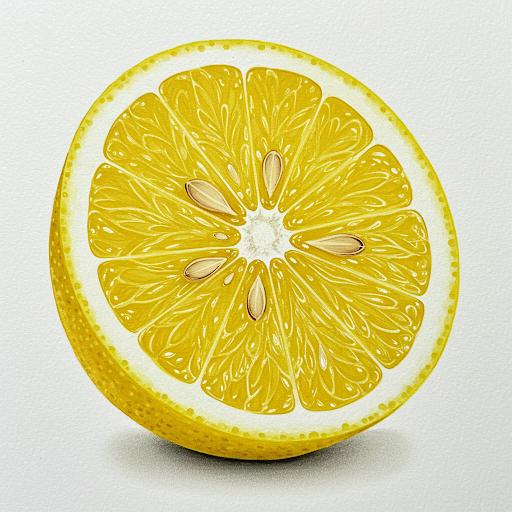
Conclusion
Small lemon peels contain great life wisdom. Turning waste into treasure and with a little effort, you can make your life easier, healthier, and more environmentally friendly. From today onwards, stop throwing away lemon peels easily, and let these natural, and money-saving little helpers add more freshness, cleanliness, and health to your home life! Take action quickly and start your “lemon peel magic” journey!
20T
By greenship|2024-08-13T06:42:22+00:00August 13, 2024|Categories: Hand-carving Series|
Planter 6 in W / 8 in W / 12 in W Indoor or Outdoor Plants, Modern Decorative Plant Pots with Drainage Hole, Decorative Flower Pots
By greenship-seo|2025-02-06T13:43:53+00:00January 16, 2025|Categories: Hand-carving Series|Tags: Decorative Flower Pots|
KC2-11V
By greenship|2024-08-16T05:39:50+00:00August 16, 2024|Categories: Hand-carving Series|
k2-21G
By greenship|2024-08-13T06:17:26+00:00August 13, 2024|Categories: Hand-carving Series|
8 inch/10 inch Planter Indoor Plants, 2 Pack Modern Decorative Plant Pots with Drainage Hole, Cute Bowl Shape Flower Pots
By greenship-seo|2025-04-10T08:03:42+00:00January 9, 2025|Categories: Hand-carving Series|Tags: Decorative Flower Pots, Self-Watering Pots|
KC2-GS
By greenship|2024-08-16T06:30:21+00:00August 16, 2024|Categories: Hand-carving Series|

